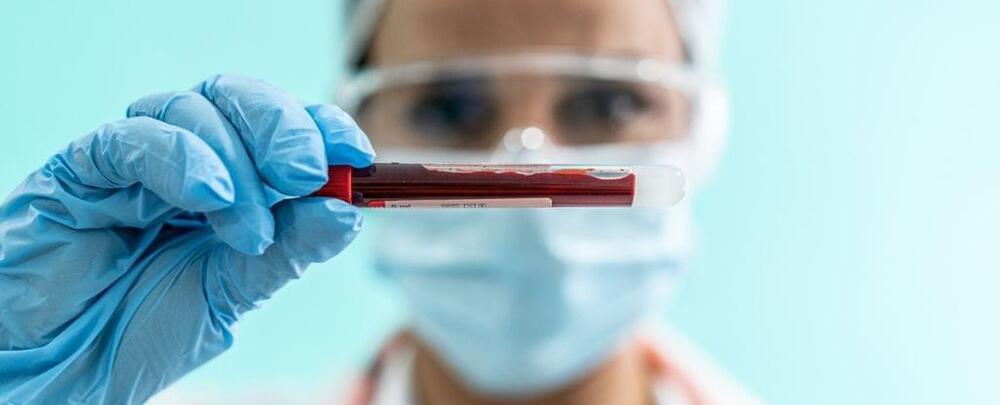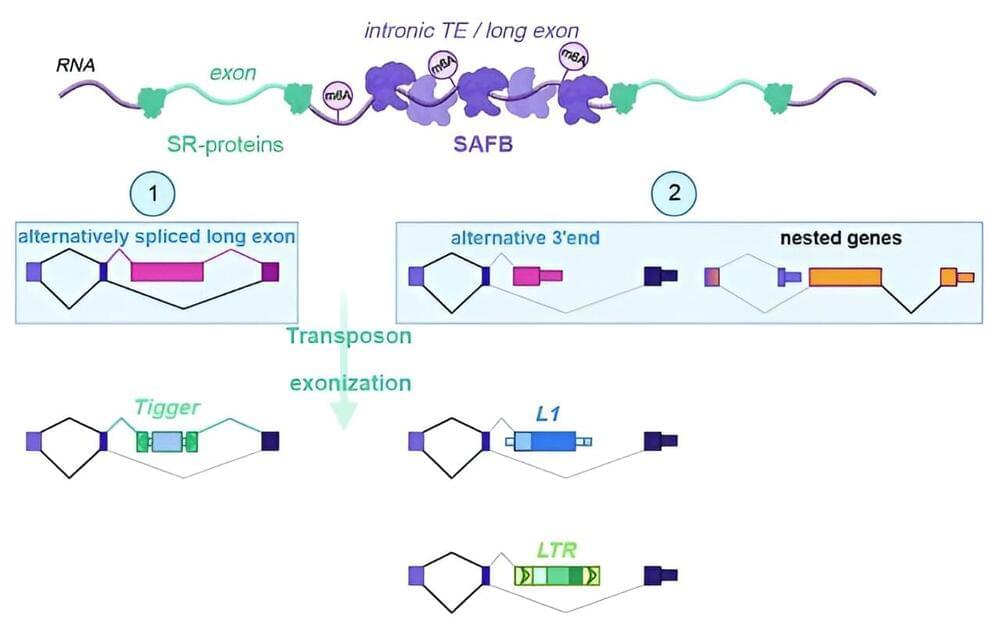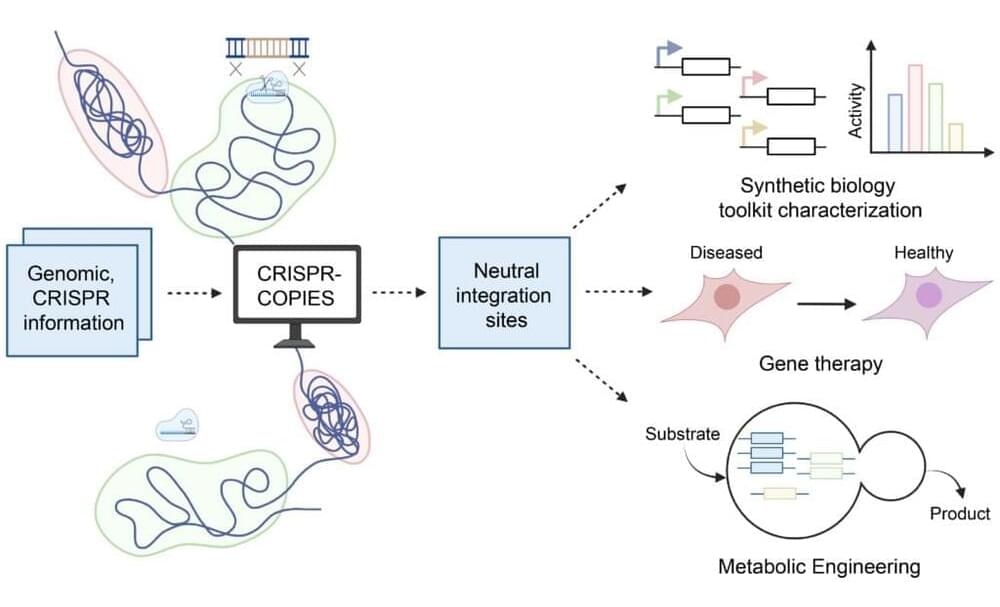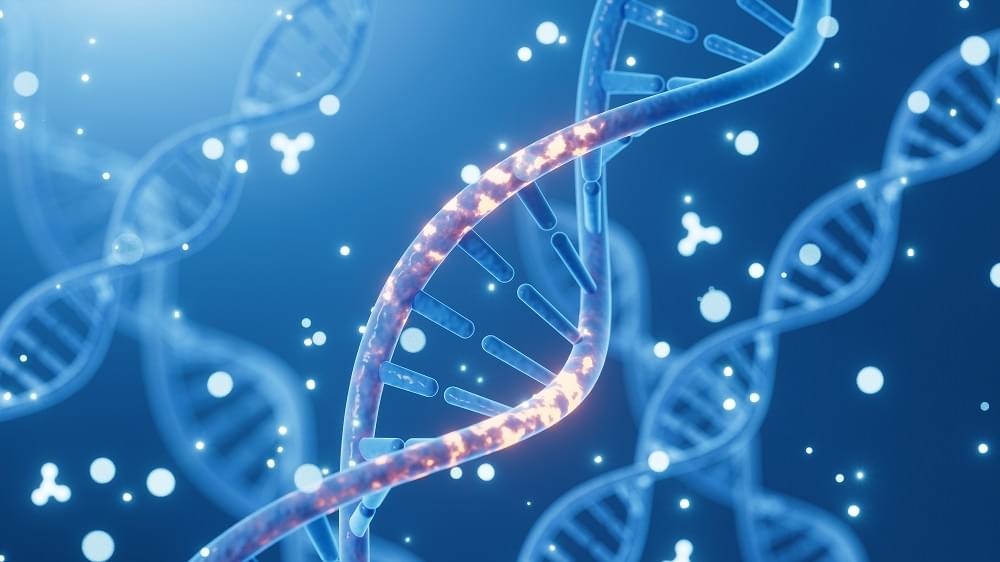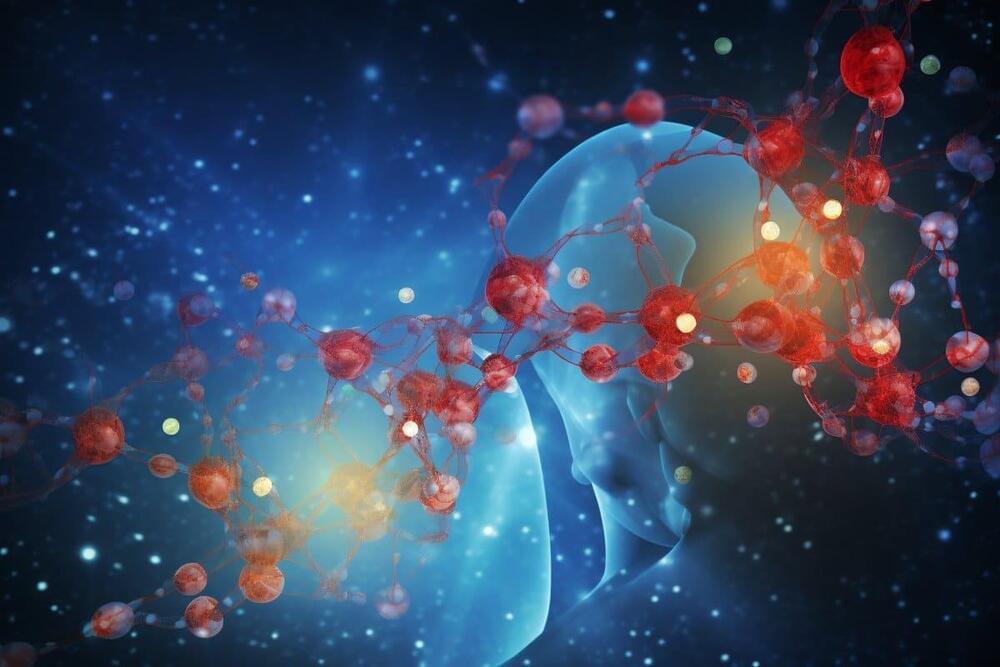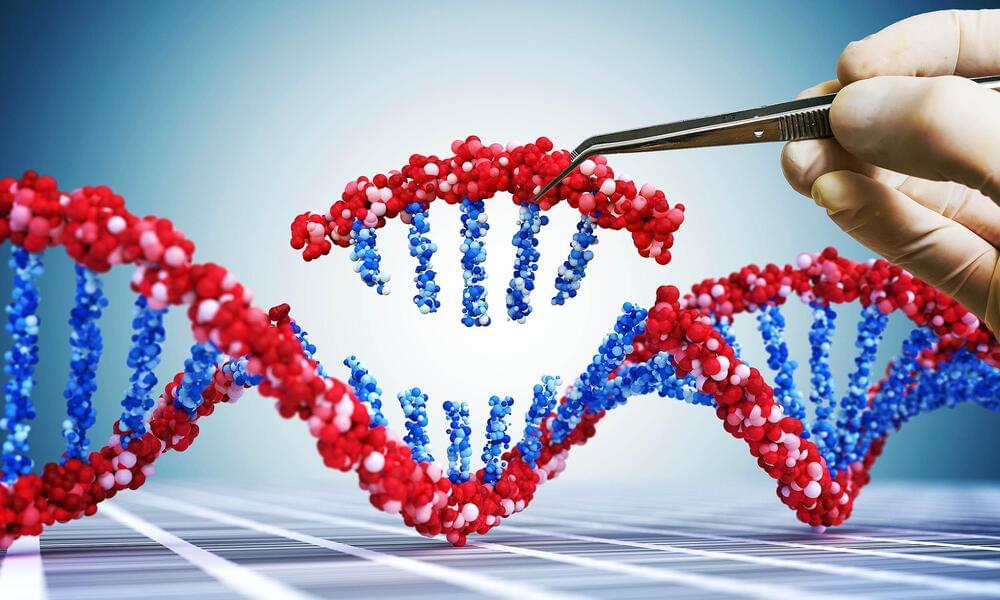Diagnosing schizophrenia as early as possible helps minimize the toll the neurological disorder takes on the body and the mind. Unfortunately the condition’s signs can be difficult to spot in the early stages.
That’s why researchers led by a team from the Indiana University School of Medicine have developed a test which offers a relatively simple and reliable way to check for current schizophrenia severity and future risk.
“Psychosis usually manifests in young adulthood – a prime period of life,” says neuroscientist Alexander Niculescu from the Indiana University School of Medicine. “Stress and drugs, including marijuana, are precipitating factors on a background of genetic vulnerability.”
